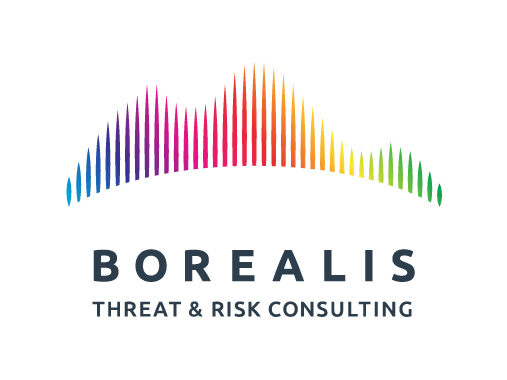This piece first appeared in The Epoch Times Canada on November 5, 2024.
As many have noted, we live in a world of instant information. Thanks to the internet and social media, we can learn about what is happening in real time. Images are shared as events are unfolding, and anyone with a cellphone can record significant developments to send to the whole world.
Alas, this immediate distribution of material is often accompanied by what I call “instant analysis.” While situations are still in progress, many are too keen to label these events definitively, despite the lack of total data on what is actually transpiring and what it means. These “reports” can lead to reactions among the greater population, up to and including the use of violence.
The attack on a Taylor Swift-themed dance class in Southport, UK, on July 29, in which a teen stabbed at will, killing three girls and wounding another 10 people, is an excellent example. Almost immediately, messages on social media had the name of the assailant, supposedly a Syrian refugee, and these posts led to days of rioting, attacks on mosques, and weeks of violence across England and Northern Ireland. The intent of the rioters was a clear one: This is what happens when you allow Muslim immigration into our country.
Except that the information was flat out wrong.
The stabber was not a Syrian refugee but rather a teen born to Rwandan parents in Wales. This was not a case of an immigrant “low life” seeking to kill in the name of some homeland cause or anti-West vendetta, but rather a troubled young man who happened to have been raised Christian.
Now, we know otherwise… again.
Following an intensive investigation, on Oct. 29 Merseyside Police charged Axel Rudakubana with the possession of ricin, a very lethal poison derived from the castor bean, and for having a computer file with an al-Qaeda training manual titled “Military Studies in the Jihad Against the Tyrants.”
For me, this recent revelation is important for two reasons. One, it demonstrates that these kinds of attacks, often using knives or other readily available weapons (cars, vans, golf clubs, etc.), appear to be the dominant form of jihadi violence in the West of late. Many countries, Canada included, have seen acts of this nature, all perpetrated by those who ascribe to terrorist ideologies such as those proclaimed by groups like al-Qaeda, ISIS, Hamas, Hezbollah, and dozens of others. No one can argue with the fact that most violent incidents that we would classify as terrorism are indeed carried out by jihadis.
The second lesson, however, strikes me as more important. Simply stated, this new information emerged after months of digging and probing by UK police. Authorities were reluctant to come out right away and label the stabbings as terrorist in nature, and rightfully so. There was not enough data at the time to justify such a statement, and law enforcement officers lay charges where, and only where, there are reasonable grounds to believe the evidence supports the decision. In the minutes, hours, and days after the tragic event that evidence was not there.
While the public can engage in immediate retaliatory action based on “instant analysis,” our law enforcement bodies cannot. Investigations require time, effort, and legwork. They do not conclude overnight. That these findings took so long to emerge (three months) is indeed curious, however, although it is not necessarily indicative of shoddy work on the part of the police.
None of this will discourage conspiracy theorists and rabble-rousers from saying and writing whatever they want based on preconceptions and biases. That is their right in an open democratic society after all, even if their erroneous beliefs lead to further violence.
As for me, I am satisfied that UK police did their job, found the necessary evidence to lay the correct charges, and now we can move forward with the trial. If found guilty, Rudakubana deserves to spend a long time behind bars for his cowardly killing of little girls at a dance class. He is not a hero and certainly not a “freedom fighter” (an epithet many around the world have bestowed on jihadis in Hamas and Hezbollah, for example).
The key takeaway is that sometimes we need to wait to learn more. That may be hard in a world accustomed to immediate gratification, but it is necessary.

